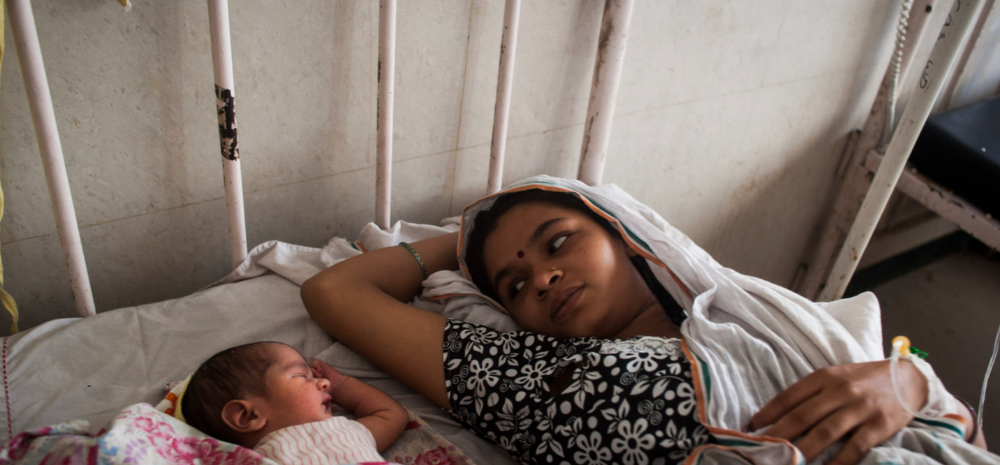Birth Certificate Will Be Compulsory For Getting Jobs, Passport, Driving License, Voter ID Card & More
In a recent initiative, the Central government is proposing to make birth certificates a mandatory document for almost every sphere of life as per a draft Bill to amend the Registration of Birth and Death (RBD) Act, 1969.

Making Birth Certificate Mandatory
As per this draft, birth certificates will be mandatory for admission in educational institutions, inclusion in the voter list, appointment in Central and State government jobs, issue of driving license and passport.
To make this happen, centrally-stored data will be updated in real time without any human interface required.
This will lead to addition and deletion from the electoral roll when an individual turns 18, and after death, respectively.
Moreover, it shall be mandatory for hospitals and medical institutions to provide a copy of all death certificates, stating the cause of death, to the local registrar apart from the relative of the deceased, as per the proposed changes.
Here it is noteworthy that the registration of birth and death is already compulsory under the RBD Act, 1969.
Any violation will be a punishable offense as the government intends to improve compliance by making the registration mandatory to avail basic services such as admission in schools and registration of marriages.
How Did This Happen?
The proposed Bill by the Ministry of Home Affairs (MHA) states that birth certificates issued by the local registrars will be “used to prove the date and place of birth of a person born on or after the date of Amendment for: admission into educational institutions; issuance of driving license; preparation of voter list; registration of marriage; appointment in Central Government, State Government, local bodies and Public Sector Undertakings, statutory bodies, autonomous bodies under Central and State government; Issuance of passport and other cases as prescribed by rules.”
Sources say that the Bill is likely to be tabled in the winter session of parliament which commences on December 7.
Adding, “the draft Bill was placed in the public domain for suggestions last year. We have received comments from State governments and incorporated the required changes. The legislative department is examining the Bill, and it will then be presented for the Union Cabinet’s approval. We will try to introduce the Bill in the winter session of parliament,”.
Integration Of Data
Notably, the upcoming session only has 17 sittings, the discussions on the Bill could be taken up in the next session, said the sources.
Further adding, “Provisions exist for compulsory registration of births and deaths but after the law is amended, it will be mandatory to produce birth and death certificates for myriad purposes. The database will be linked to electoral rolls. When a person turns 18, the name will be included in the voters list and after a person has died, the name will be deleted from the rolls. The entire process will be online,”.
Earlier media reported that the draft amendments would enable the Registrar General of India (RGI) under the MHA to “maintain a database of registered birth and deaths at the national level”, even though such data is maintained by State governments or municipal bodies.
The report further suggested that the birth and death database at the national level will be available with the RGI and may be used to update the Population Register, the Electoral Register, and the Aadhar, ration card, passport and driving license databases.
Sources said, “the center also intends to make institutions such as hospitals and nursing homes more accountable by accurately reporting births and deaths,” the source said.

Comments are closed, but trackbacks and pingbacks are open.